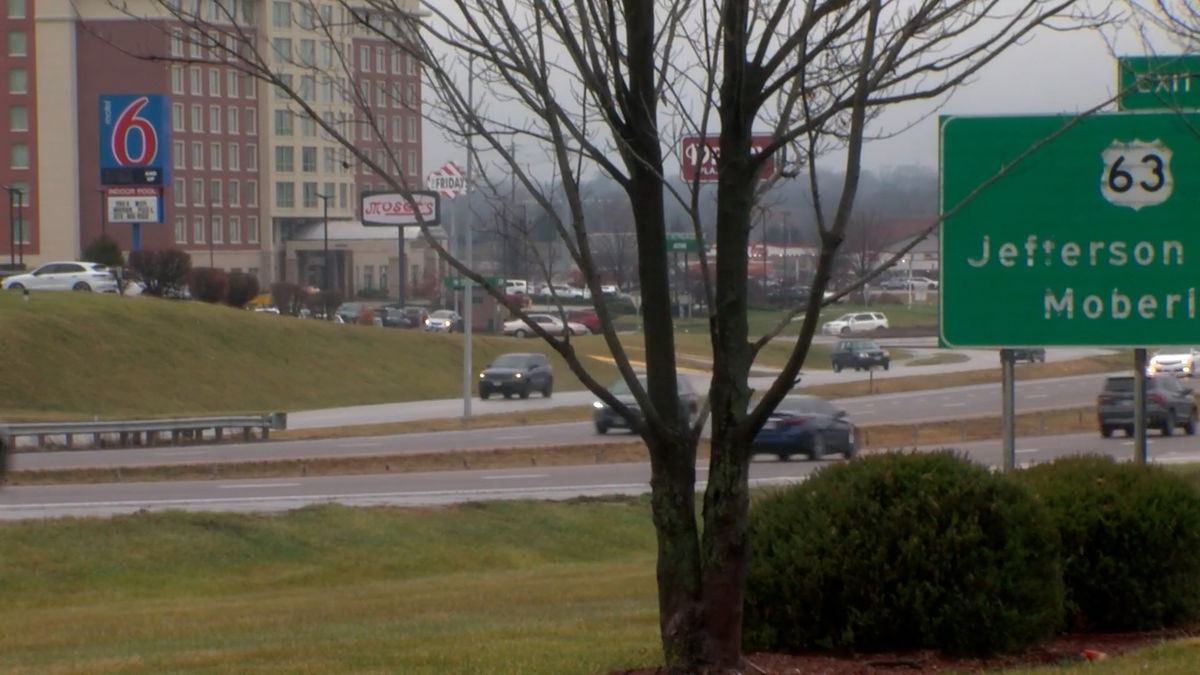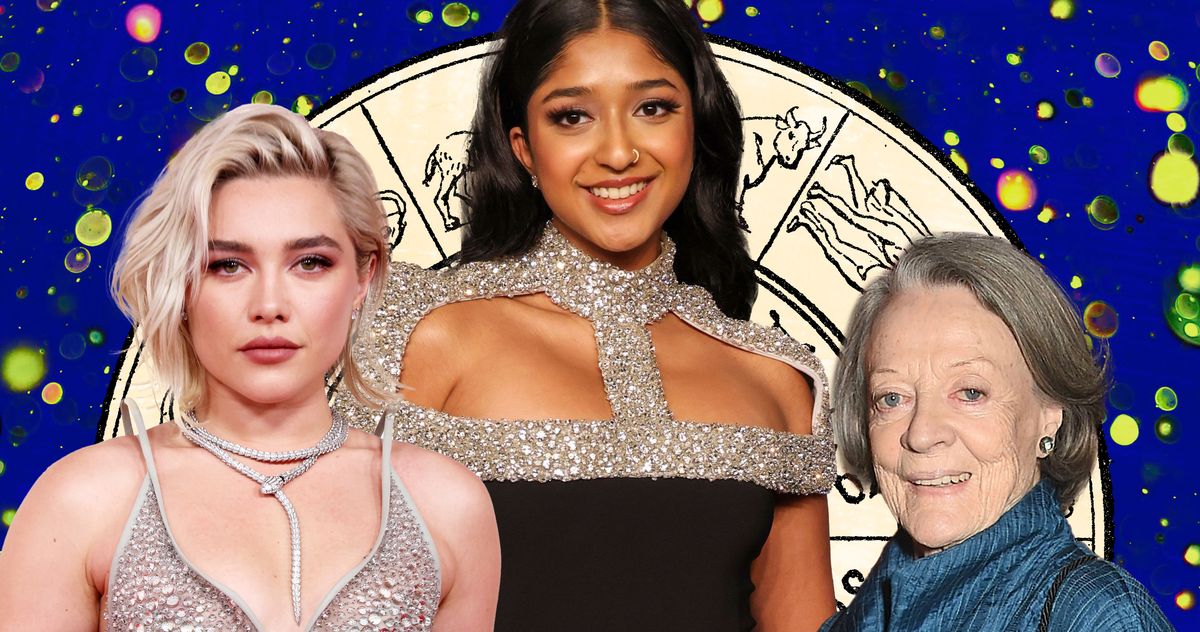Sports
Opinion: Bring back fighting to the NBA? Joe Mazzulla needs history lesson.

Week 1 NBA overreactions, including a way-too-early Jayson Tatum MVP prediction
ARE THE NUGGETS COOKED?!? The For The Hoops Crew brings you their Week 1 NBA overreactions, including a way-too-early MVP prediction! Tap in and find out more.
Boston Celtics coach Joe Mazzulla recently said something really bonkers. He later tried to clarify what he said but the clarification was still kind of bonkers. In saying what he said, Mazzulla demonstrated both a lack of historical knowledge of his own league, and how race works in America.
During a Tuesday radio interview, Mazzulla said the NBA should bring back fighting. You read that correctly. It is true that Mazzulla is an odd bird who says some odd things, but this was wild even for him. It led to numerous headlines all across the country. Listen to that part of the interview yourself:
“The biggest thing that we rob people of from an entertainment standpoint is you can’t fight anymore. I wish we’d bring back fighting,” Mazzulla said on NBC Sports Boston. “What’s more entertaining than a little scuffle? How come in baseball they’re allowed to clear the benches? How come in hockey they’re allowed to fight?
“I don’t understand. I just don’t get why some sports are allowed to clear the benches. They have bats and weapons (in baseball). We don’t. We have a ball. The other sport (hockey) has one of the hardest playing surfaces and a puck and a stick. And yet we’re not allowed to throw down a little bit?”
Mazzulla on Wednesday tried to, well, clarify, what he said, explaining that he wasn’t advocating for fighting to be legalized. Instead, as Boston.com reported, Mazzulla said his remarks were more about the way fouls are called. Mazzulla later added, in part: “We have to be OK with a little conflict, that’s how I would say it.”
Even his revised comments are problematic (and actually don’t seem all that revised). He doesn’t seem to understand why the NBA is different, and needs to be different, and in many ways, is forced to be different.
Let’s focus on one thing Mazzulla said during his original radio interview: I just don’t get why some sports are allowed to clear the benches.
The answer isn’t complicated. Much of it comes down to history and race. Like so many other things in life, they are intertwined.
Let me explain. Fighting in the NBA has long been viewed as different from fighting in other sports. In hockey, it’s seen as part of the sport. The same in baseball. But it’s of course more than that.
White people fighting in a sport is just seen as different from people of color doing it. Especially Black athletes, and particularly Black NBA players. This isn’t even a controversial thing. It’s something that normal people who live on Earth just know to be true. This sort of double standard has been discussed for decades. When Black players fight, they are thugs and goons. When white players do it, it’s fiery and competitive. It’s even seen as vastly entertaining.
There was a classic moment 10 years ago when former Seattle cornerback Richard Sherman, now a commentator, spoke about this very subject in a smart and blunt way few ever have publicly. In fact, few athletes in the recent history of American sports have spoken as fearlessly about race. Sherman was once on a panel and was asked about the double standard of Black professional athletes fighting during games versus white ones.
“It’s almost the angry Black man syndrome, especially football players,” Sherman said. “I couldn’t imagine if there was a huge brawl on a football field, what the consequence would be, what the comments would be. There was just a huge brawl in baseball, a huge brawl. I haven’t heard about it since.”
Former Houston Texans running back Arian Foster, also on the panel, added: “Hockey, they fight every day.”
“There was a day when they broke a record,” Sherman responded. “They slapped the puck away two seconds into a game. Everyone said, ‘Man, this is good hockey.'”
“The refs skate around and just watch it,” Foster said. “If we fight, it’s like, ‘Those animals.'”
“That’s the frustrating part, the double standard, the triple standard,” Sherman said. “The way an athlete is viewed. The way an African American athlete is viewed in football or basketball, the predominantly African American sports. Just a brawl. Imagine a brawl happening in football, and imagine the coverage.”
Nothing has changed since Sherman said these things.
It’s unfathomable how Mazzulla doesn’t know all of this. I’m also not buying Mazzulla’s “clarification.” I think what he said during that original interview is exactly what he meant.
More fights in the NBA, or more “conflict,” would lead to Black players in the sport being called thugs. It would dramatically decrease the popularity of the sport, which is remarkably high now. How do I know this? Because it’s happened before.
The 1970s NBA was full of fights (and drugs) and the perception of the sport was so problematic that the league almost collapsed. The average attendance for that decade was about 8,000 fans a game. The television ratings were dismal. The on-court violence of that era was symbolized during a game between the Rockets and Lakers in 1977. Rudy Tomjanovich was trying to stop a fight when he was punched by Kermit Washington. Tomjanovich had his skull, cheekbone and nose fractured. It was one of the ugliest moments in sports history.
The self-inflicted damage by the players because of constant fighting, combined with the racism of fans and some in the media, almost sank the league.
“To say I was not getting a great reaction from potential sponsors would be the kindest way to frame it,” said former NBA executive Rick Welts in the ESPN documentary “Basketball: A Love Story.” “If I could get an appointment, it was about 15 minutes of ‘Why would anyone in their right mind want to be associated with your league?’”
That’s what fighting brought.
None of this even includes the 2004 Malice at the Palace. After that, the entire player base, not just the participants in the brawl, was branded as thugs by many in the media.
The league now may be “soft” to some, but the play is stunning and gorgeous. It’s a fast, futuristic sport that brings people from all over the world together.
It doesn’t need more “conflict.” It doesn’t need brawling to make it great. It already is.









